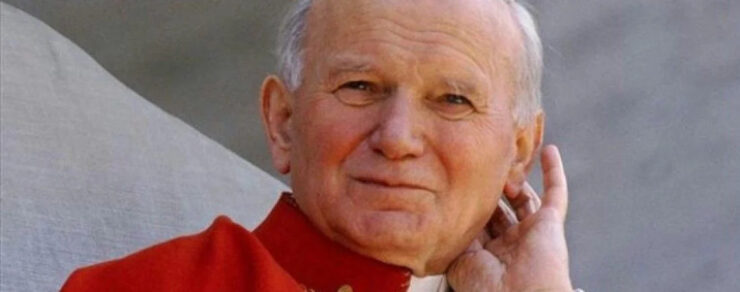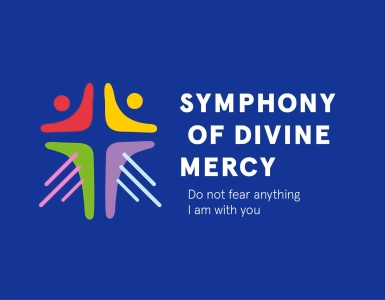I think that since I started my life alongside Archbishop Karol Wojtyła and had the opportunity to get to know him better, the year 2000 has always been present in his thoughts and expectations. Not only because of the symbolism of crossing the millennial frontier, but especially because the landmark moment of history, which coincided with the celebration of two thousand years since the birth of Christ, the central mystery of the Christian faith, was to become an opportunity for profound spiritual and moral renewal of the entire Catholic community.
In the Lent meditations in the Vatican in 1976, when he was Archbishop of Kraków, he described this time as the “New Advent”. Then, when he became Pope, these words returned in his first encyclical Redemptor hominis, announcing the declaration of the Jubilee. A Great Jubilee that would embrace not only Christians, but all mankind. For Catholics, the Jubilee was supposed to be an examination of conscience, so they could undertake an effort to radically change their lives, but it was also intended to have a profound ecumenical dimension.
Indeed, the Holy Father believed that this would be a providential opportunity to settle with the past, to purify the memory of all faults and mistakes, from the negative testimonies which Christians have stained over the centuries. Just think about the crusades!
This would facilitate the strengthening of dialogue with other Christian Churches and with other religions. What the Holy Father particularly cared about was the request for forgiveness without waiting for anything in return. The selflessness of that gesture was, in his view, a prerequisite for credibility and effectiveness.
With the consent of Cardinal Stanisław Dziwisz – “Testimony”.
TBA marketing communication Publishing House. Warsaw 2007





